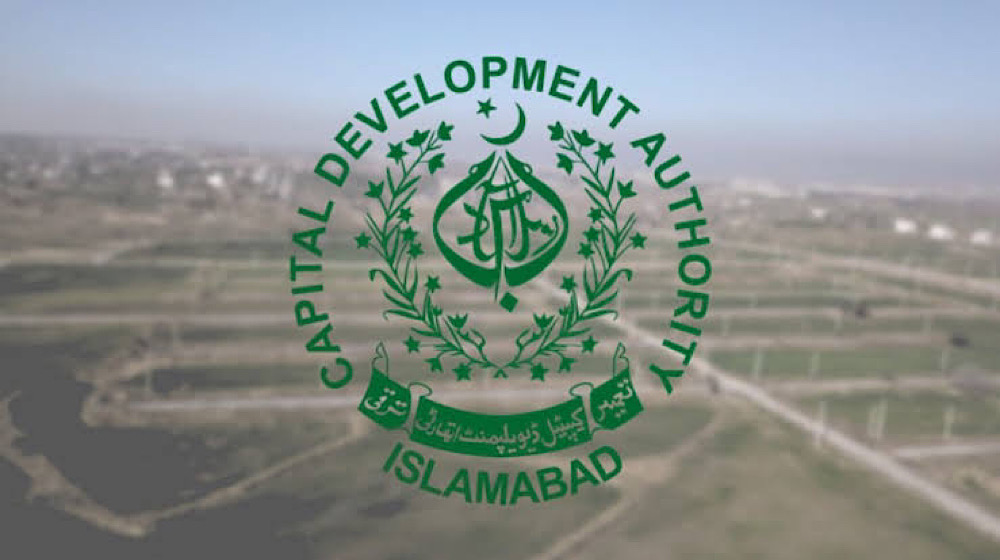The Islamabad High Court (IHC) on Tuesday expressed strong displeasure over the failure of a citizen to seize the plot despite repeated court orders on the Capital Development Authority (CDA). Justice Mohsin Akhtar Kayani was hearing the petition filed by Sadiq Arif against non -compliance with his property in Sector E11 with a judicial directive.
During the proceedings, Justice Kayani questioned the CDA’s advice on the CDA’s advice, despite several years of legal action, about the long delay in capturing the plot. He remarked that the matter has been pending for a long time, and that the affected citizen has not been relieved. The judge further asked whether issuing arrest warrants for the CDA chairman would eventually stop the authority to fulfill his responsibilities.
Justice Kayani warned the CDA’s advice that the court could impose a fine and may instruct the chairman and board members that if the matter is not resolved, they should be personally present and comply with the orders. He emphasized that when strict action was taken, the credibility of the officials was put at stake, if it could be avoided if the authority was responsible. He also reminded the law officers of their duty to ensure compliance with judicial directives.
The CDA lawyer told the court that the board member responsible for the matter was on a four -week leave and had requested extra time. However, Justice Kayani directed that the official be asked to deal with the grief of the affected citizen before the next hearing. He added that if the court orders were not ensured, the board member should appear in the court even during the leave.
The applicant’s consultation argued that years have passed to fulfill the responsibility of the citizens without the CDA. After hearing the arguments, the court ordered the CDA to hand over the plot to the petitioner before the next hearing. The case was postponed until next month.

